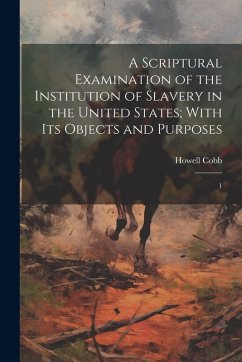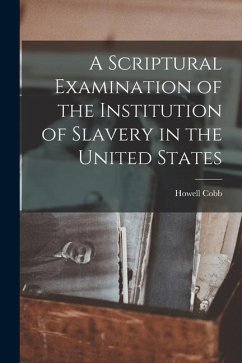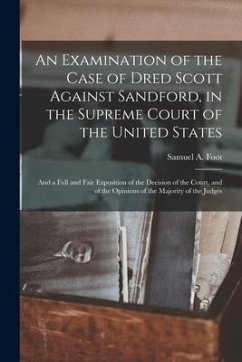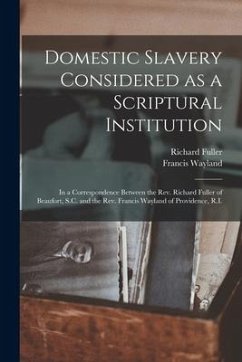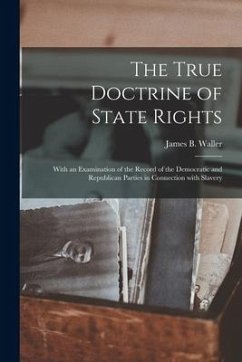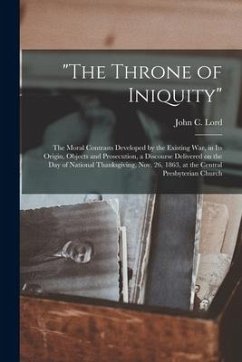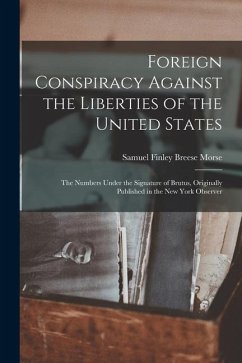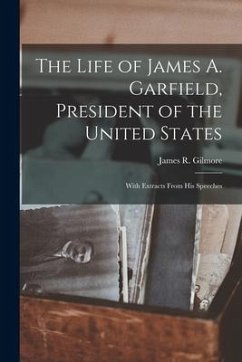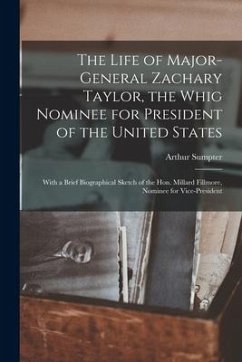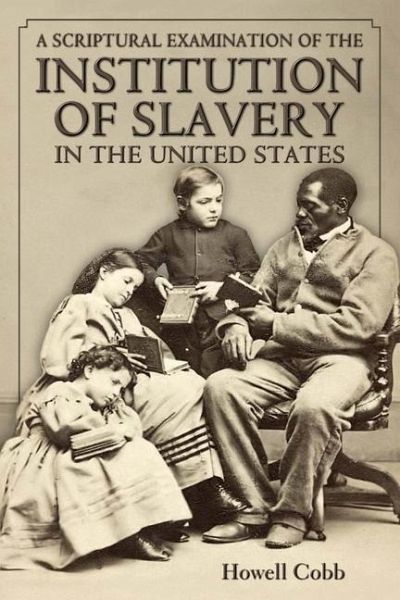
A Scriptural Examination of the Institute of Slavery in the United States
With Its Objects and Purposes
Versandkostenfrei!
Nicht lieferbar
**This is an retypeset reprint edition of an historical book originally published in the 1800s. It does not advocate racial discrimination or bigotry in today's society.** The author of this book presents two propositions in the investigation of the institution of slavery as it existed in the United States: 1. Slavery is a punishment inflicted by God upon a people or nation for their wickedness; and, 2. Slavery in this country was the providentially-arranged means whereby Africa was to be lifted from her deep degradation to a state of civil and religious liberty.




